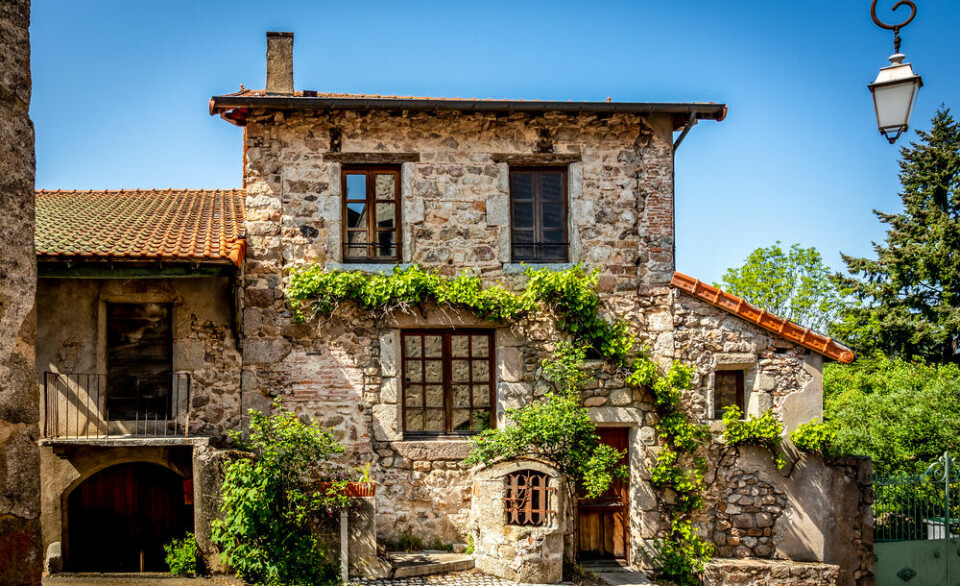-
France’s 1970s roller disco craze is back – and we tried it
Columnist Sarah Henshaw feels a yearning for a certain kind of retro fun
-
Trump’s rhetoric feeds France’s long tradition of national decline
Columnist Nabila Ramdani offers a view on the American president's impact on French culture
-
Is President Macron the problem with France?
Readers write in with their perspectives on the president
Reasonable rebels
A closer look at the implications of Corsica's decision for autonomy
Corisca took a step closer to regional autonomy in an election won by a nationalist coalition (see page 4). Whether you care about Corsica or not, there are two lessons that apply to other nationalist campaigns in Europe.
The first is that although the victors won their mandate with 56.5% of votes cast, the turnout was only 52%. The popular notion of democracy today is that you only have to win to be able to do what you want – but we should restore the principle of proportionality to the political equation.
A big win means a big mandate whereas scraping through is reason to consider the fears of the disgruntled minority, not to push through radical proposals. It is hardly a ringing endorsement if almost half the people (48%) do not vote.
The second lesson is that nationalist demands do not have to be antagonistic; they can be reasonable.
One of the three demands of the winners in Corsica – to reclassify people who have committed crimes in the cause of Corsican nationalism as political prisoners – is contentious. The other two demands, however, are much less so: for Corsican to be an official language and for the island to have a residency status to stop rich ‘foreigners’ (mainlanders) buying properties as second homes.
The winners in the election do not want full independence because they know that Corsica is not rich enough to go it alone from France.
We have here a useful way to deal with independence movements: sort out the sensible demands from the selfish and encourage a reasonable regionalism that boosts autonomy and self-identity without re-fragmenting Europe into a pre-1870 patchwork of micro-states.
























